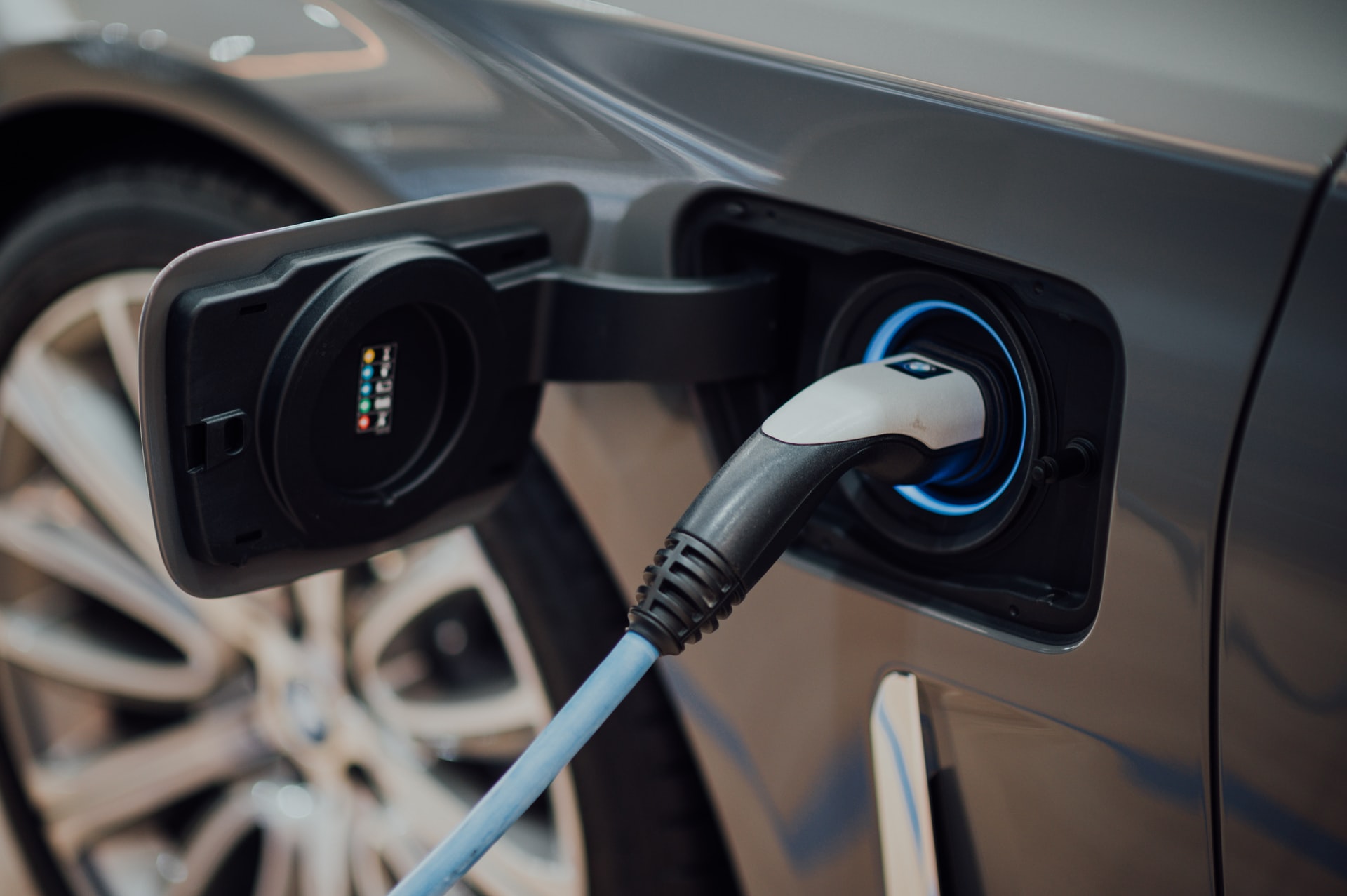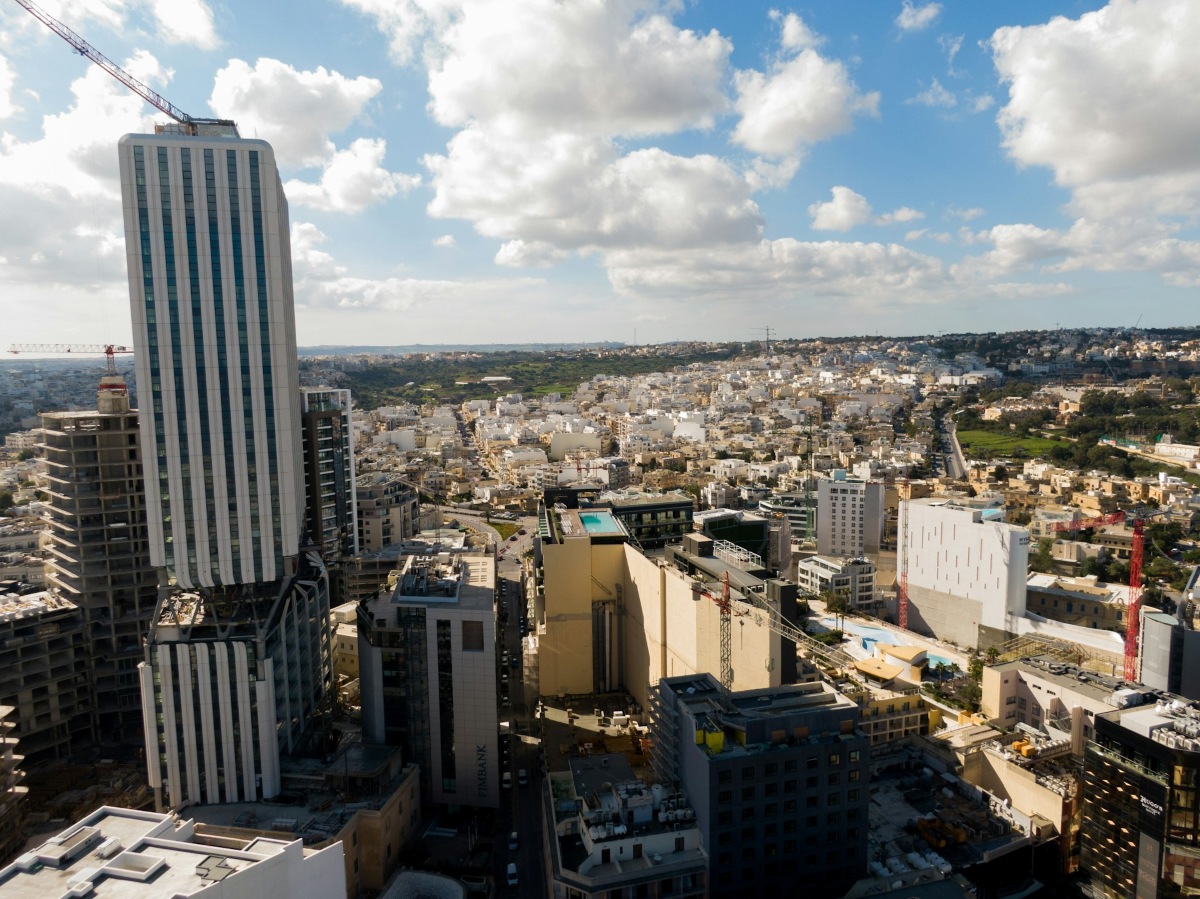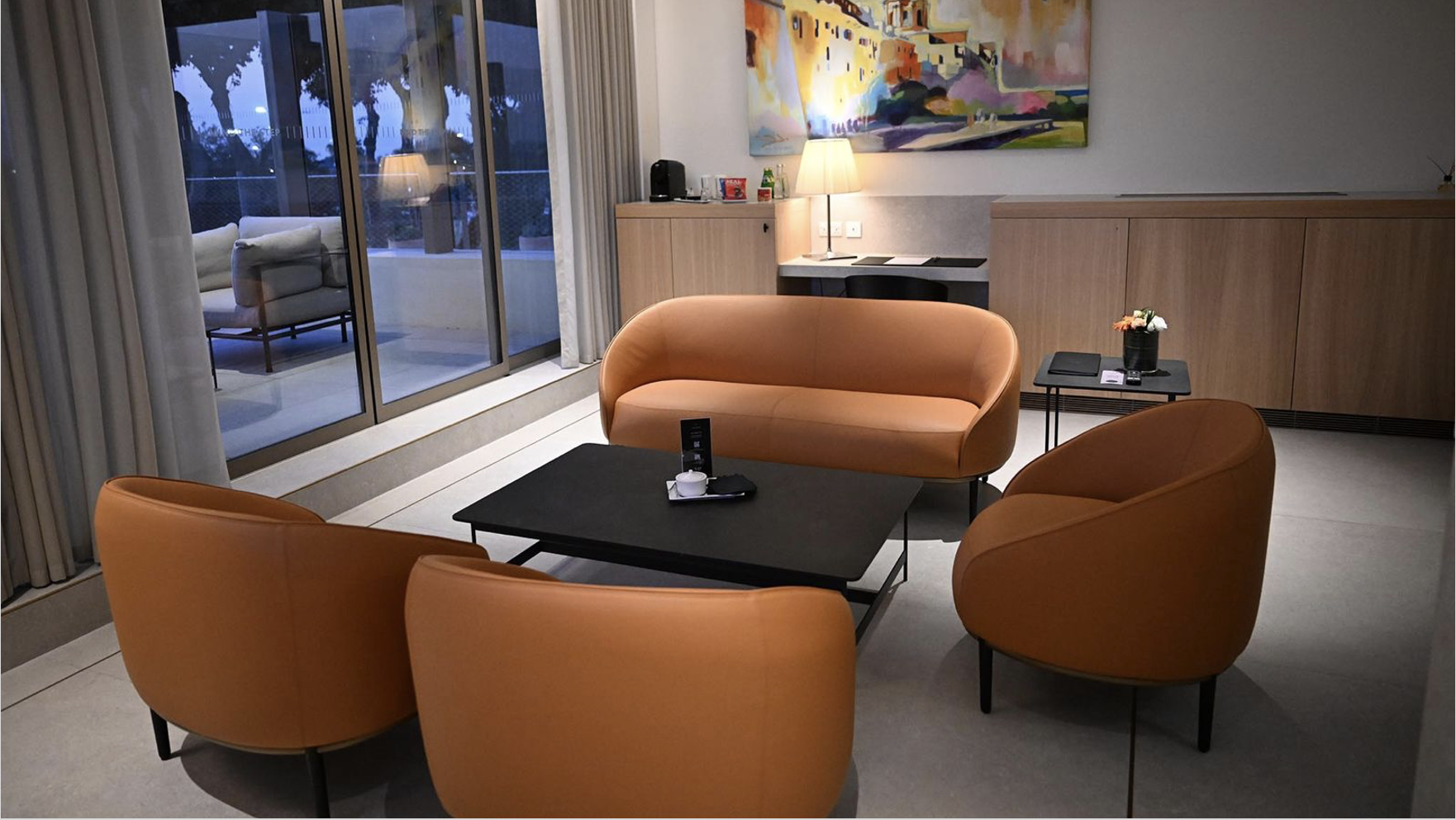The increase in the grant for those switching their conventional vehicles for electric ones “should prove to be quite attractive”, says one of Malta’s top car importers, yet he cautioned against complacency by authorities, noting that “price is only one piece of a rather complex jigsaw puzzle”.
On Monday, Minister for Finance and Employment Clyde Caruana announced that the Government grant awarded for the purchase of electric vehicles (EVs) or plug-in hybrids (PHEVs) would increase from €8,000 to €11,000, with another €1,000 available to those who scrap their old car.
BusinessNow.mt reached out to Ian Mizzi, a director on the board of Mizzi Organisation and managing director of Industrial Motors Ltd and Nissan Motors Ltd, which represent Suzuki, Mitsubishi and Nissan on the local market, to get his thoughts on how this increase will impact the market for EVs.
“It is still too early to gauge whether the increased incentive has had a proportional increase in demand,” he says, although he expresses his confidence that the Government’s commitment on this front will continue in view of the role of EVs in its efforts to reduce carbon emissions.
The Maltese Government is depending on a sharp decrease in emissions in the heavily polluting transportation sector to achieve its emission reduction targets. The centrepiece of this strategy is a drive to get 65,000 EVs and hybrids on Maltese roads by 2030 – or about 7,200 a year.
The total number of EVs and hybrids as at the end of 2020 was a mere 6,017, although this increased drastically in the first two quarters of this year to top the 8,300 mark.
While the increase in the grant will certainly be welcomed by those already considering making the switch, Mr Mizzi stresses that price is only one piece of “a rather complex jigsaw puzzle”.
“Another equally important element,” he says, “is the ability of the public to be able to charge their vehicles. We have to consider that a vast majority of the Maltese population lives in flats without access to a private garage where a private charging station can be installed. So the setting up of a charging network is crucial to getting the public to switch.”
Work is underway in this regard through a public consultation on the liberalisation of the public charging pillar network, although its attractiveness to investors remains an open question when considering the low number of EVs currently on Maltese roads.
“Another consideration,” he continues, “is education of the public on the new technology. The knowledge of the public regarding EVs and what is involved in their use is still quite low. A good intensive education campaign is required to bring the public up to speed on the technology.”
Asked whether the proposals will be enough to give the sector the jolt it needs, Mr Mizzi says that as long as all three elements (grant, charging infrastructure, education) are in place, “I do not see why not”.
“Of course, the uptake will not happen overnight,” he says. “I believe it will follow the usual adoption curve seen in every new technology. We are already in the early adopter’s phase.
“As more EVs hit the road, other people will be encouraged to make the change and we will see a steep rise after that.
Finally, when BusinessNow.mt points out that many on social media are exhibiting a certain sceptical cynicism about the increase in the grant, with many believing that autodealers will simply increase the price and pocket the difference, Mr Mizzi responds:
“There will always be negative people and conspiracy theorists. I think that the proof of the pudding is in the eating. In a short while we will be able to see if the measures announced in the Budget have the desired effects.
“We operate in a competitive market and all the players would like to be in a position to sell their products.
“Therefore, I do not envisage a scenario where new car importers would be foolish enough to price themselves out of the market.”
Property sales rise by 11.6% in May
The number of promise of sale agreements also rose by 9.7%
Malta enhances fisheries monitoring with deployment of Ocean Sentinel
The vessel is monitoring high-risk activities by purse seine fishing and tuna towing vessels
Malta International Airport reveals €4.5 million priority guest terminal
The terminal is an integral part of Malta’s broader Vision 2050, which prioritises sustainable growth and high-value tourism






